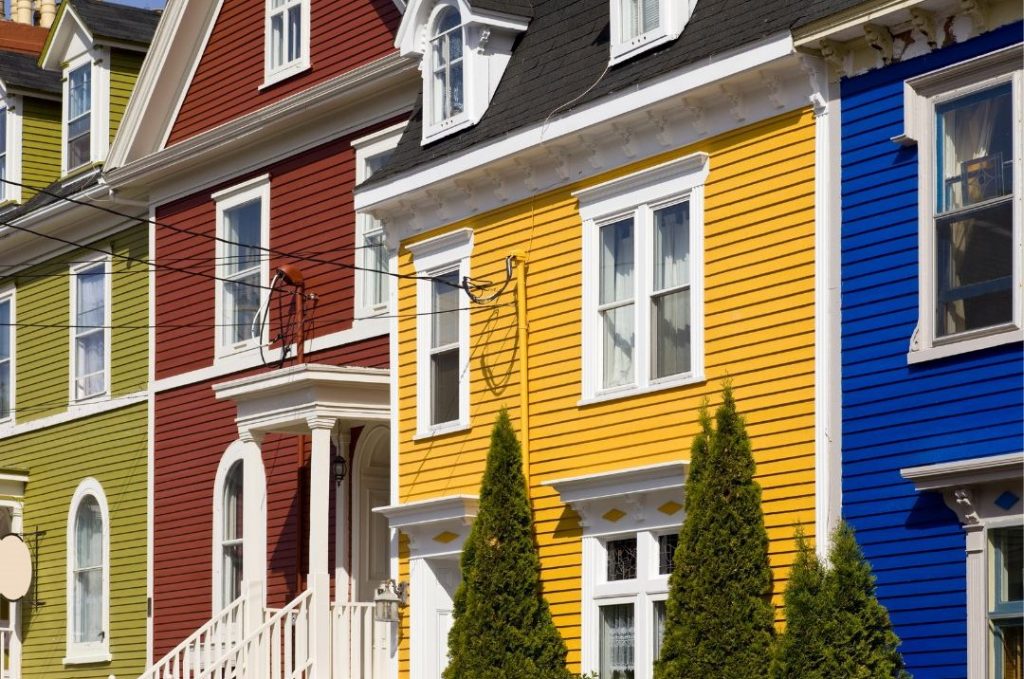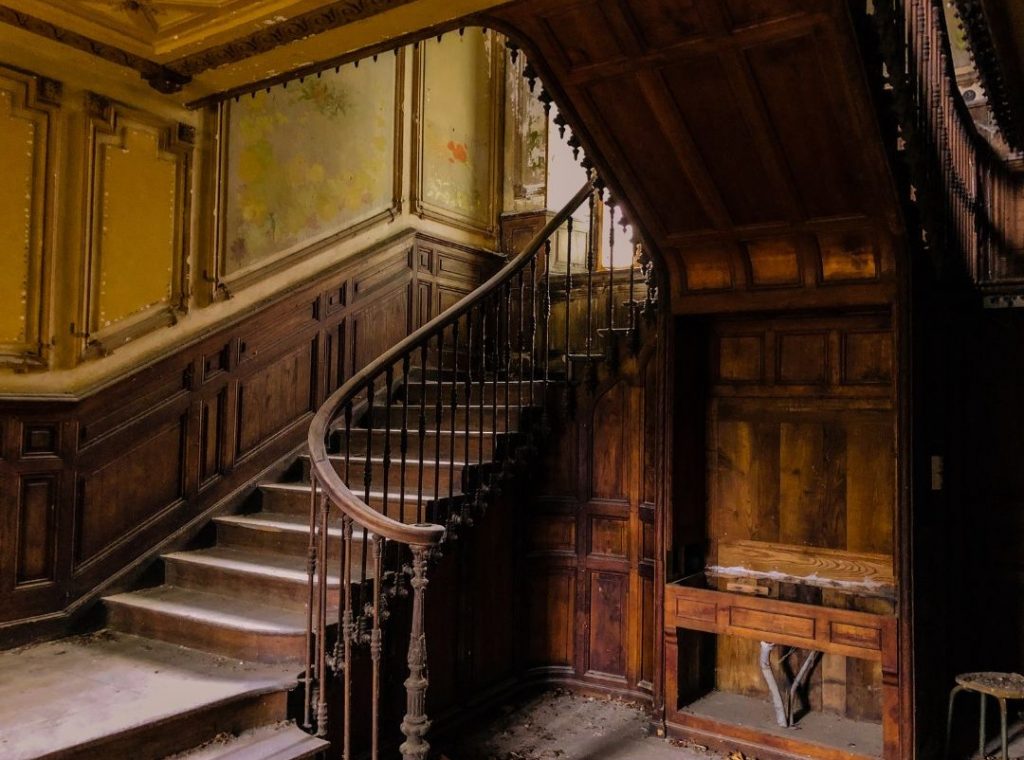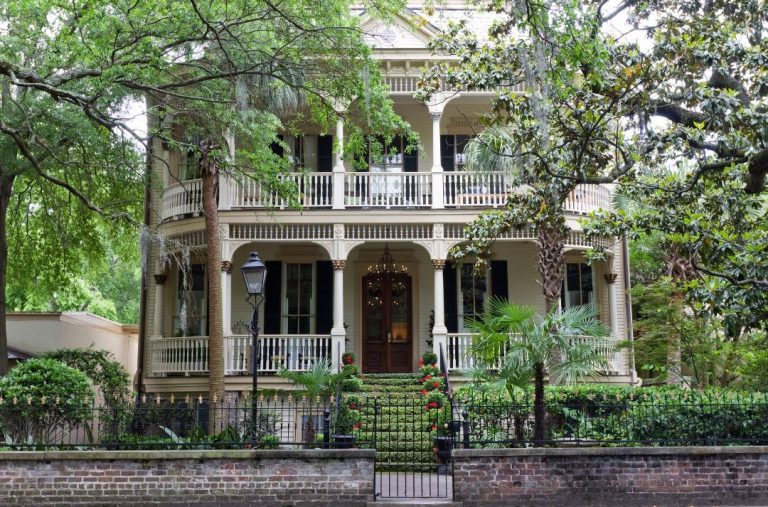Buying a heritage home is an exciting adventure but can have challenges. These homes have so much character and history, but they also come with responsibilities you’ll need to prepare for.
If you’re planning any renovations, it’s important to note that heritage properties are often subject to specific rules and regulations. These are in place to protect the home’s historical value and the charm of the neighborhood. You might need permits or approval for even minor updates, so working with local heritage committees and hiring contractors who specialize in older homes can save you a lot of headaches. Following the rules not only keeps the home’s unique character intact but can also protect your investment in the long run.
Maintenance is another thing to consider. Heritage homes often come with aging plumbing, older electrical systems, and roofs that might need attention. These repairs can add up, especially if you want to preserve the original features of the house. It’s a good idea to budget for ongoing upkeep to avoid surprises down the road.

Energy efficiency can also be an issue. Many older homes lack proper insulation or have outdated windows, so you may want to invest in upgrades to make the home more comfortable and energy-efficient. Just keep in mind that it might take extra effort to do this without compromising the home’s historic charm.
Spend some time digging into the history of the home. Learning about its previous owners, architectural style, and any significant renovations can make you feel more connected to the property. Plus, having this knowledge can be a great asset if you ever decide to sell—it adds depth and charm to the story of the house.
Don’t forget to consider the neighborhood too. Heritage homes are often in well-established areas full of character and a strong sense of community, which is a big part of their charm. However, these neighborhoods might come with stricter rules or a particular vibe, so make sure it’s a good fit for your lifestyle.

Finally, consider the resale market. While heritage homes can attract buyers who appreciate their uniqueness, it’s usually a more niche market. Selling might take longer, even though these homes often hold or increase their value over time.
Buying a heritage home can be incredibly rewarding if you go in with your eyes open. By being realistic about the costs, rules, and upkeep, you’ll be set up to enjoy everything your home has to offer while preserving its charm for years to come.


